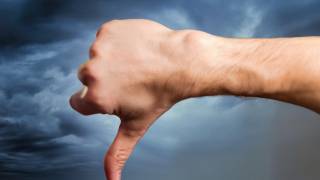COVID-19 Vaccine Induces Lower Reactogenicity Symptoms

Preliminary data published today showed that Novavax's non-mRNA JN.1 COVID-19 vaccine induced a lower frequency and severity of short-term side effects and a less significant impact on daily life compared with an mRNA vaccine.
Announced on April 15, 2025, Novavax, Inc. announced preliminary results from the SHIELD-Utah study that showed Novavax's COVID-19 Vaccine, Adjuvanted (2024-2025 Formula) targeting the JN.1 strain resulted in fewer and less severe reactogenicity symptoms, when compared with the Pfizer-BioNTech mRNA 2024-2025 vaccine.
This real-world study showed that the impact of symptoms on daily activities, including work and family responsibilities, was lower in recipients of Novavax's vaccine.
"The risk of side effects or reactogenicity is a major decision factor for those opting to get vaccinated. Our findings of lower frequency and intensity of reactogenicity symptoms from the protein-based COVID-19 vaccine observed in SHIELD-Utah add valuable insights to the public debate weighing choice and value of COVID-19 vaccination," said Sarang K. Yoon, DO, MOH, Principal Investigator, University of Utah Health, in a press release.
As in previous studies, the SHIELD study found health care workers who received the Novavax vaccine reported significantly fewer reactogenicity events than Pfizer-BioNTech recipients.
Our Trust Standards: Medical Advisory Committee























